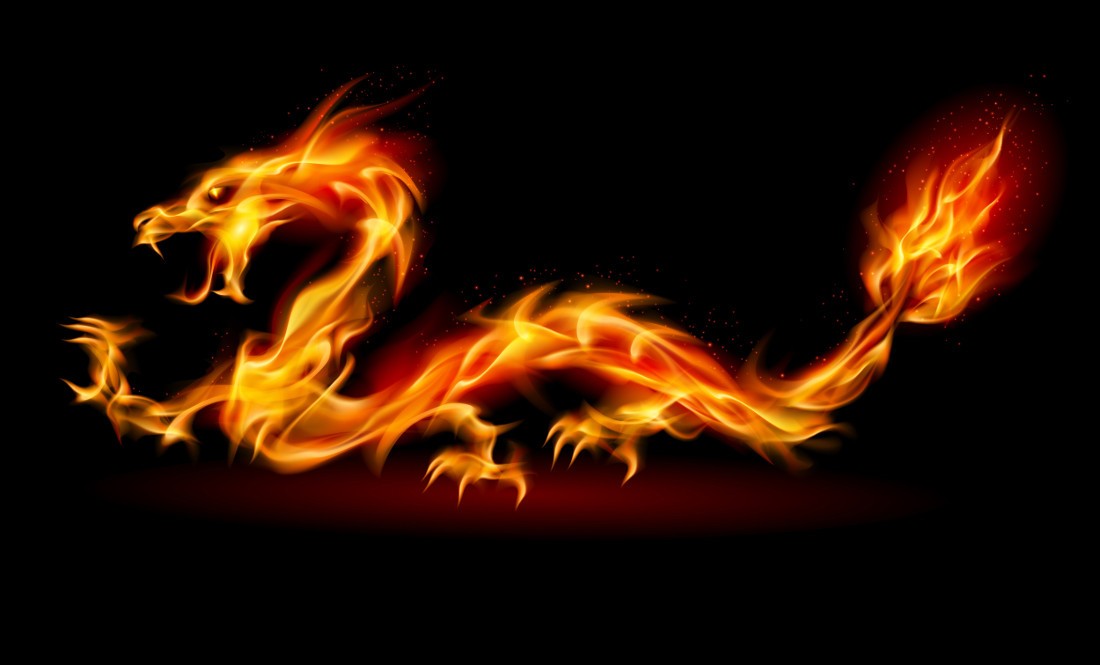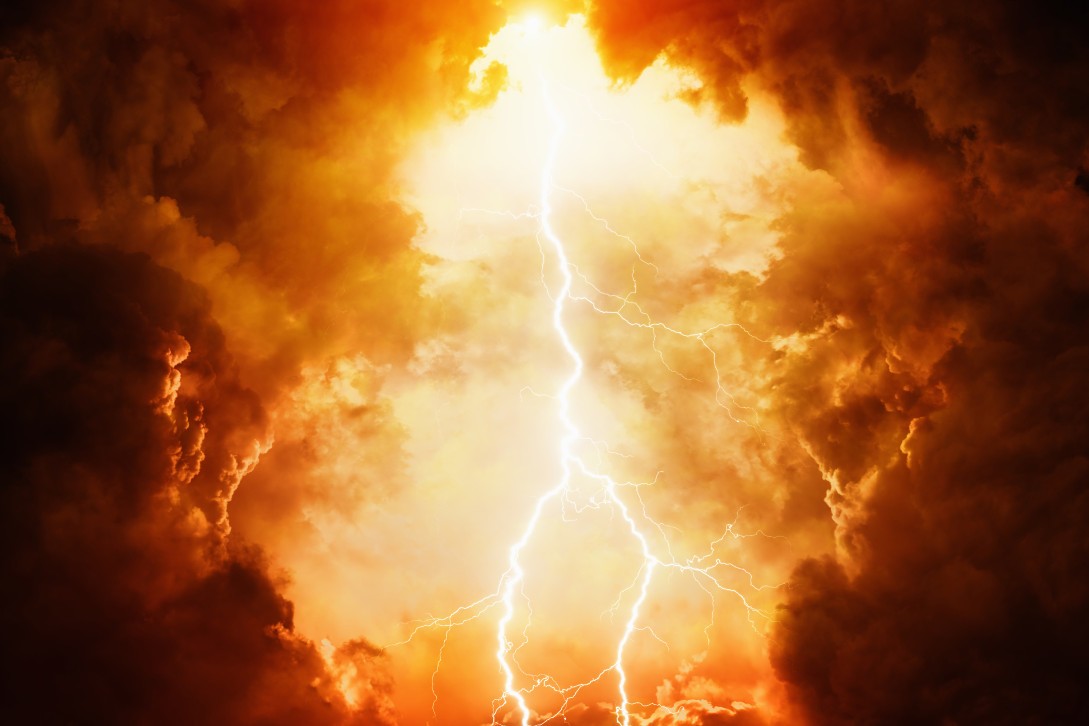The Generous Patron

“Damn.”
Alan sighed and dropped his hands. A moment later, the half formed construction of fire that hovered before him vanished. Without its flickering light, the market stall was cold and dark.
He’d tried to make a Phoenix. Not an actual living creature that could take to the sky, but a forging of elemental magic, a work of art, a tribute to nature’s greatest and most breathtaking creatures.
But nobody had come to visit. Nobody had come to see his spectacular figures of ice and fire, so what did it matter that he hadn’t gotten this last one right?
His big brother’s words came back to him.
There’s no money in magic. Go out and find a real job.
But Alan had been young and idealistic. He believed the world needed magic, that without its beauty, the awe that it inspired, life wasn’t worth living. Now, Alan thought maybe his brother had been right all along. Maybe there was no place for his kind of talent.
Cold and alone, Alan started packing up for the night.
He was about to unravel the cord that anchored his tent to the ground when a soft female voice startled him.
“I’d like to see what you have to offer.”
Alan spun, almost knocking into a nearby table, and spied a young woman dressed in a dark coat, eyes catching the light of distant lanterns so they seemed to glow.
“Sorry, ma’am,” he said, catching his breath. “I’m closing.”
“That’s a shame.”
“You wouldn’t be interested, anyway,” said Alan, years of bitterness rising to the fore. “Just worthless avatars, nothing of actual value.”
“I’d like to be the judge of what I find interesting.”
A breeze swept through the dwindling market, kicking up dried leaves, yet the fabric of her coat remained untouched. There was something about her stately presence that unnerved him, and he felt suddenly as if he were dreaming.
“I only dabble in magic,” he found himself saying, averting his gaze. “Surely you’d prefer something of more practical value.”
“I happen to like magic.”
He stared at her for a moment, then nodded. Fine, he could cycle through a few forms. When she tired of his art he could send her on her way and be that much closer to going home.
“All right,” he said, and he sat down before the broad oak table he’d almost toppled a moment before.
What should he make for her? He tried to think of something captivating, but found he was too self conscious to think clearly.
As if sensing his vulnerability, she sat down in an empty chair across from him and took one of his hands into her own.
“Go on,” she insisted. “Form whatever’s in your heart.”
Now, the light in her eyes radiated patience and kindness, and he found a comfort so unexpectedly powerful that the walls inside his head began to weaken.
Whatever was in his heart. Yes, he supposed he could do that. He didn’t know this woman, but in this intimate moment that passed between them he was certain he could trust her, that he would be safe expressing a piece of his truest self.
Alan closed his eyes.
The form that leaped to mind nearly arrested him with heart stopping wonder. An expression of vulnerability and longing, of an age old passion, once dusty and dry, its dying flames stoked at last.
His hands started to move, animated by a force not entirely his own. The woman, the tent, the other stalls, they all fell away, burned to ash before a blinding interior vision. The form he beheld was a soul without a body, an essence in need of life. Alan was the vessel through which it could achieve that life, and he was eager to fulfill its need. He reached beyond himself, beyond the world, into the vast, limitless universe and its roiling sea of unrealized power and potential.
He channeled that boundless reservoir of energy, dividing what he took into its constituent parts. From one, he drew scintillating fibers of bright, orange fire, serpentine tongues that lashed through the air in bright, sparkling flashes. From another, he drew frosty tendrils of ice, subliming into the wind in gentle, billowing wisps like smoke.
Then, like an artisan weaver, he wound these two elemental threads together into a single, seamless fabric, a bold, exotic material of contrast and extremes. When he’d spun enough, he tied it off, holding it suspended in the air, now a lump of clay to be molded, shaped and refined with each pass of his deft and dexterous hands.
The basic form complete, he reached out once more, spinning invisible threads of wind and air. These became the life force that would bind the whole together.
Finished at last.
Alan opened his eyes. The world came back into focus, and he almost jumped when he saw the woman sitting close. He’d been so lost in what he was doing he’d forgotten she was there.
Above both their heads, there now hovered a bright, fiery dragon, shot through with strands of icy blue, broad wings flapping in the air, sending down heavy gusts of frigid winter wind as well as hot, baking heat. A masterpiece.
The woman clapped her hands.
“It’s wonderful!” she exclaimed. “The best I’ve ever seen.”
Alan blushed. “Thank you. It’s not much, but it’s the best I can do.”
Alan let the elemental form persist until he felt the fibers begin to buckle, eager to be released. Sadly, regretfully, he let the cord that anchored him to his creation go. The dragon above their heads vanished in a puff of smoke.
“It is everything,” she said, with such gravity that he was taken aback. “There are those who do practical things, and they are important, because without them the world cannot function. There are also those who do beautiful things, and they too are important, because without them the world cannot remember why it functions.”
Tears sprung to Alan’s eyes as the idealist of his youth burst from its hard, cynical shell.
“You are a maker of beautiful things,” she continued. “You are important and necessary, and I would like to be your patron, if you would have me.”
“My— What?” Alan’s heart seemed to stop.
She wanted to be his patron. He nearly trembled with shock.
“Your magic must live on. You won’t survive here, in this world of practical things. You were made for a different life, and I would like to be the one who makes that life possible.”
“Thank you,” he whispered, his voice suddenly husky and hoarse. “Thank you.”
“Come on,” she said, “I’ll help you tear down. We have a lot to discuss.”
Enter your email address and click "Submit" to subscribe and receive The Sign.
